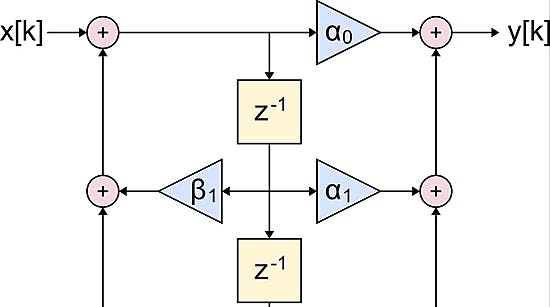3,147 reads
Fast IIR filtering on ARM Cortex-M with CMSIS-DSP and GNU Octave
by
April 12th, 2020
Audio Presented by
I started my adventures in computing with a CBM64 in my childhood bedroom and never looked back
About Author
I started my adventures in computing with a CBM64 in my childhood bedroom and never looked back
